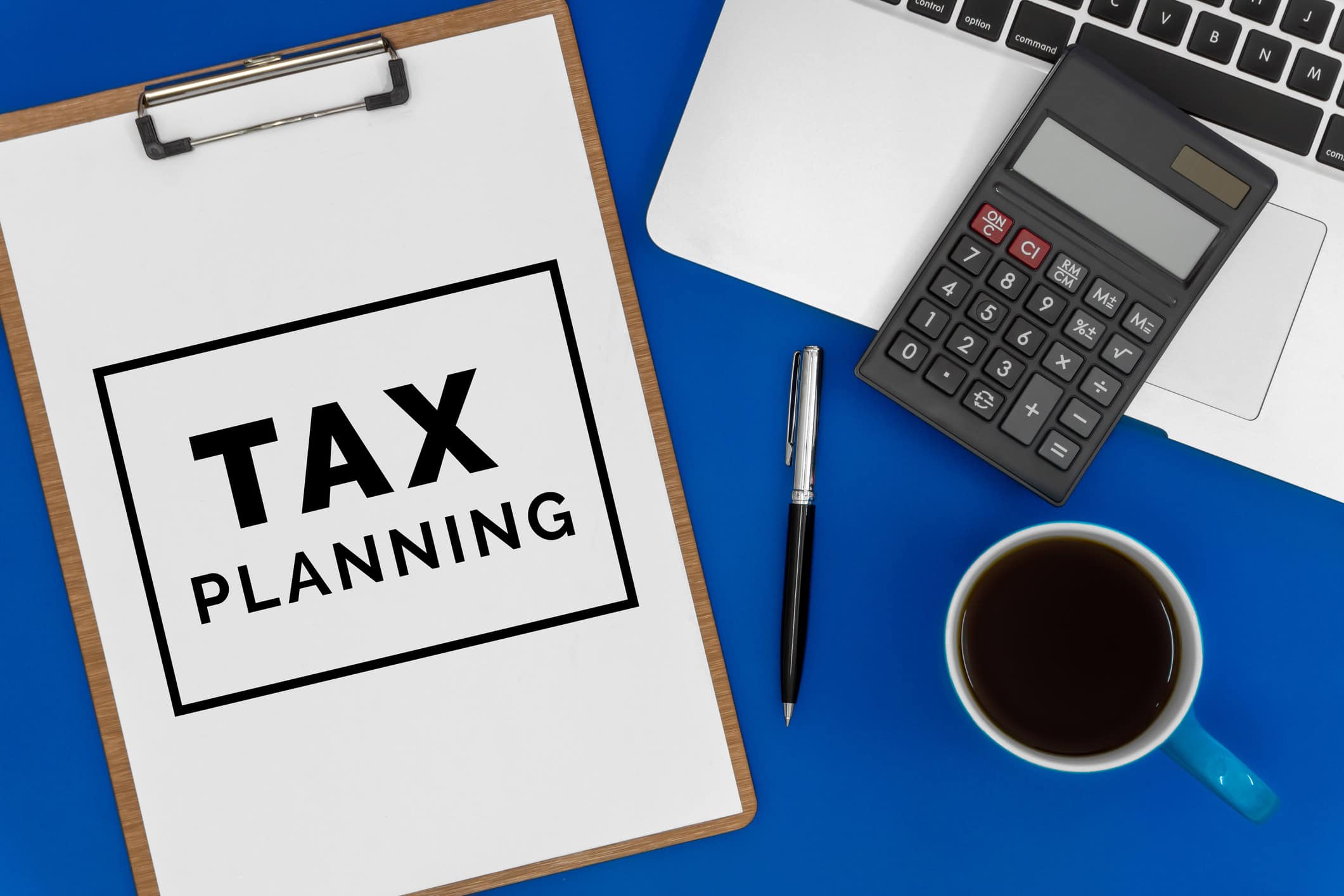
Avoid Tax Bill Shock: Strategies for Savvy Tax Planning
If your recent tax bill caught you off guard, you’re not alone. Many taxpayers feel surprised by what they owe, often because they under-withhold, experience income changes, or overlook deductions.The good news is that with proactive planning, you can take control of your tax situation and avoid the same shock next year. Here are effective, actionable strategies to help you lower your tax bill and keep more of your hard-earned money.
Adjust Your Withholdings
One of the most common reasons for an unexpected tax bill is under-withholding. If you withhold too little from your paycheck, you’ll owe more at tax time. To avoid this, review your W-4 form and update your withholdings as needed. The IRS provides a Tax Withholding Estimator tool to help you determine the right amount to withhold based on your income, dependents, and deductions. Adjusting your withholdings now can help spread your tax payments throughout the year, reducing the risk of a large bill next April.
Make Estimated Tax Payments
If you’re self-employed, have significant investment income, or earn money outside of a traditional job, you may need to make quarterly estimated tax payments. Failing to do so can result in both a hefty tax bill and potential penalties. Calculate your estimated taxes using IRS Form 104-ES and set reminders for the quarterly deadlines. Making these payments on time helps you stay ahead and avoid surprises.
Maximize Retirement Contributions
Contributing to retirement accounts is a powerful way to reduce your taxable income and lower your tax bill. Traditional IRAs and 401(k)s allow you to make pre-tax contributions, which can significantly decrease your taxable income for the year. For 2025, you can contribute up to $7,000 to an IRA and $23,000 to a 401(k) if you’re under 50, with higher limits for those 50 and older. Consider increasing your contributions or making catch-up contributions if you’re eligible.
Track and Claim All Eligible Deductions
Many taxpayers miss out on valuable deductions simply because they don’t keep thorough records. Common deductions include student loan interest, medical expenses, charitable donations, and state and local taxes. If you’re self-employed, you may also be able to deduct business expenses such as home office costs, supplies, and mileage. Keep organized records throughout the year and consult IRS guidelines or a tax professional to ensure you’re claiming everything you’re entitled to.
Take Advantage of Tax Credits
Tax credits directly reduce the amount of tax you owe and can have a bigger impact than deductions. Popular credits include the Earned Income Tax Credit (EITC), Child Tax Credit, and education credits like the American Opportunity Credit and Lifetime Learning Credit. Review your eligibility for these credits each year, as changes in income or family status can affect your qualification.
Review Changes in Income or Life Circumstances
Major life events, such as marriage, divorce, the birth of a child, or a new job, can significantly affect your tax situation. If your income increases or you experience a significant change, revisit your tax planning strategy. Adjust your withholdings, estimated payments, and review potential deductions and credits to ensure you’re not caught off guard.
Consult a Tax Professional
Tax laws change frequently, and everyone’s financial situation is unique. Consulting a tax professional can help you identify personalized strategies to minimize your tax bill. A professional can also help you navigate complex situations, such as stock sales, rental income, or business ownership, ensuring you stay compliant while maximizing your savings.
Take Charge of Your Tax Bill
A surprise tax bill doesn’t have to become an annual event. By adjusting your withholdings, making estimated payments, maximizing retirement contributions, tracking deductions, and staying informed about credits and life changes, you can take control of your tax liability. Start planning now, and you’ll be well-positioned to lower your tax bill and keep more of your money next year.
Let Hennion & Walsh Offer a Second Opinion
Curious to learn more? Our unmatched client experience will give you peace of mind. Just as you may seek a second opinion about your health, we believe successful investors can gain value and peace of mind by getting a second opinion on their financial health. So, whether you’re worried about today’s uncertain economic environment or looking for increased peace of mind, we can help. Get a complimentary second opinion on all your investment accounts not held at Hennion & Walsh today!
Hennion & Walsh Experience
At Hennion & Walsh, every client, every individual investor, is assigned a dedicated team of investment professionals, planners, and portfolio managers, who collectively analyze your situation through the lens of their respective disciplines.
Each member brings valuable insights to apply to your situation. Whether you’re looking to meet your income needs today or stock market growth for your future, we have an expert sitting with you, helping you, and guiding you through all the scenarios to help you live the life you want.
Hennion & Walsh distinguishes itself in the investment industry with its exceptional in-house team of specialists committed to your success. Unlike other firms that rely on impersonal call centers, Hennion & Walsh provides direct access to experienced bond experts, CERTIFIED FINANCIAL PLANNER (CFP®) professionals, Chartered Financial Analyst (CFA)® charterholders, annuity professionals, and a proficient internal fixed-income trading team. Our customer service team is exceptional, ensuring that every client receives the dedicated attention and support they deserve.



